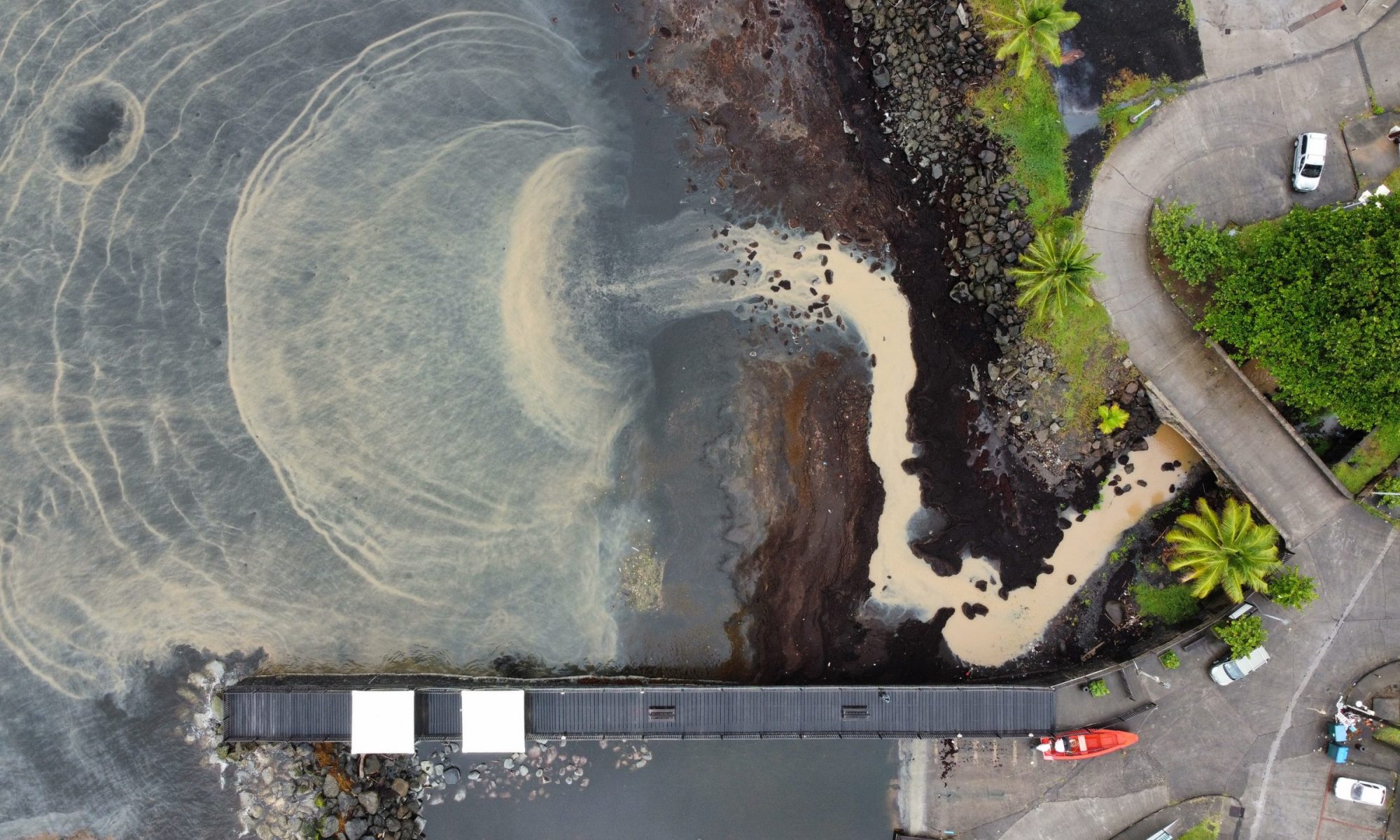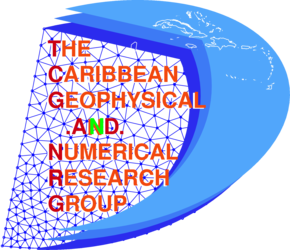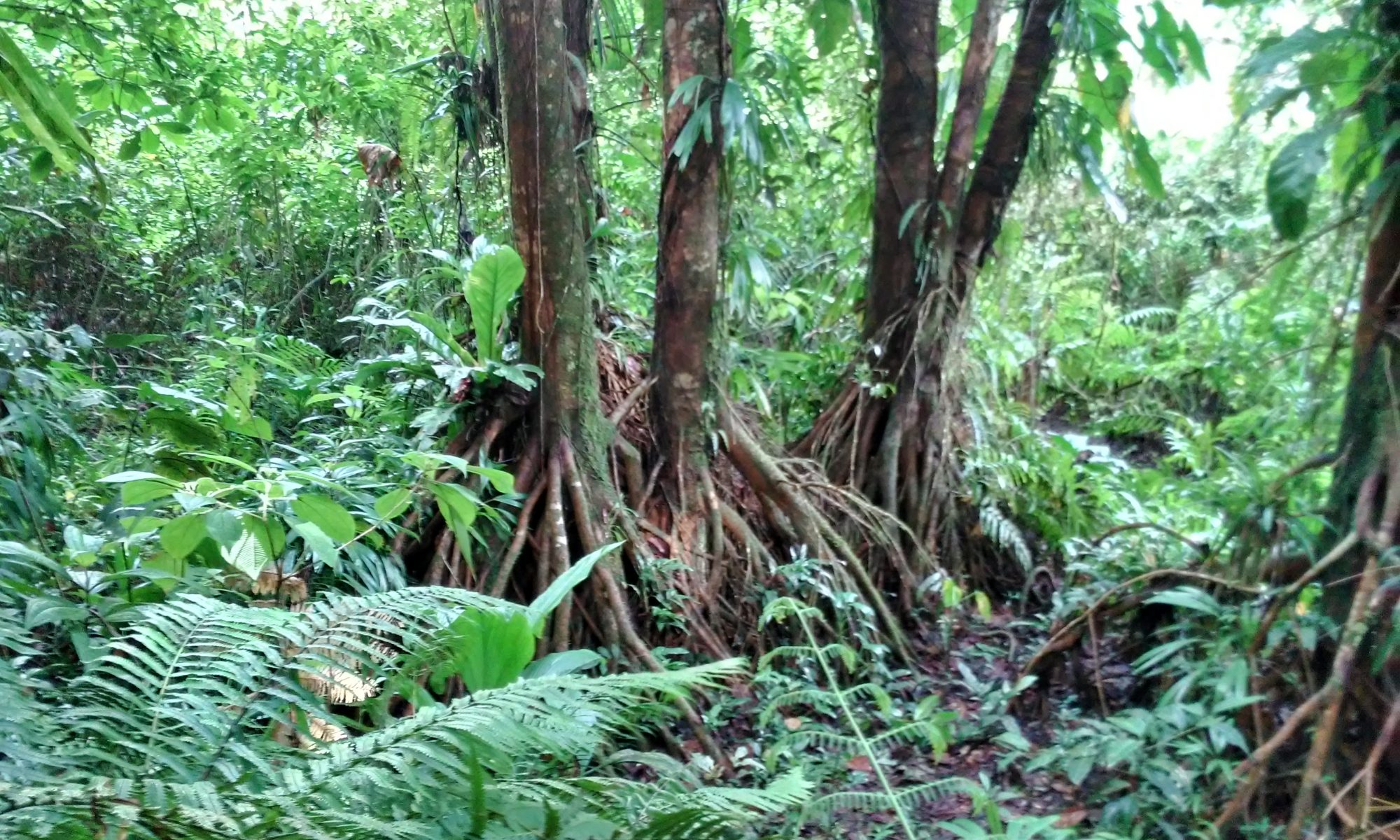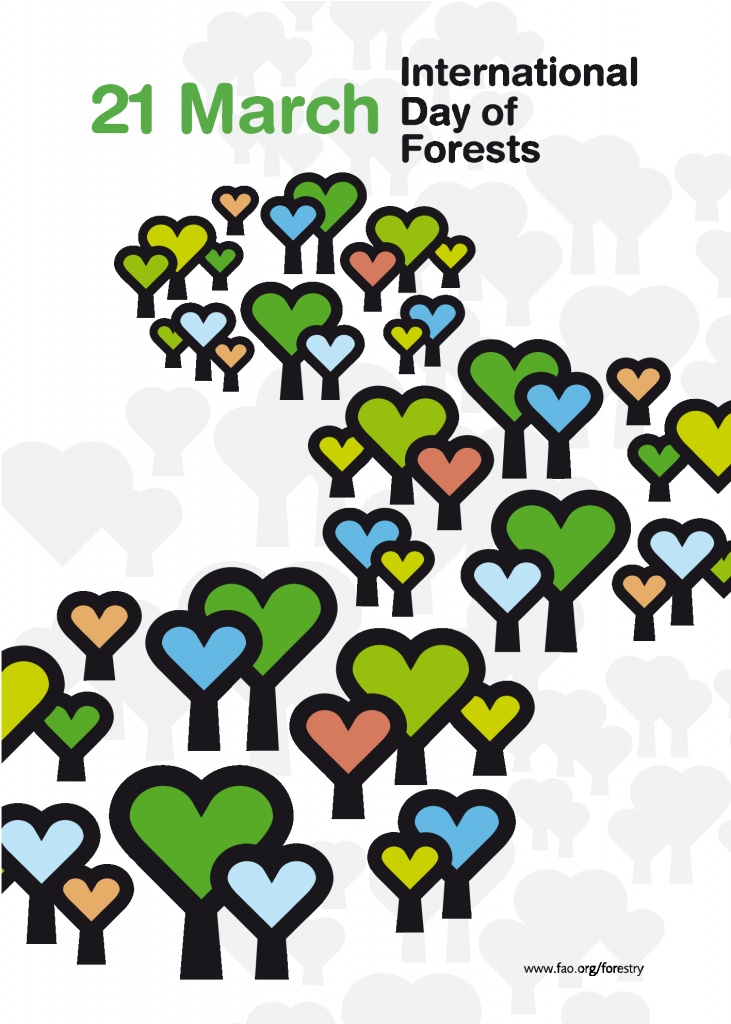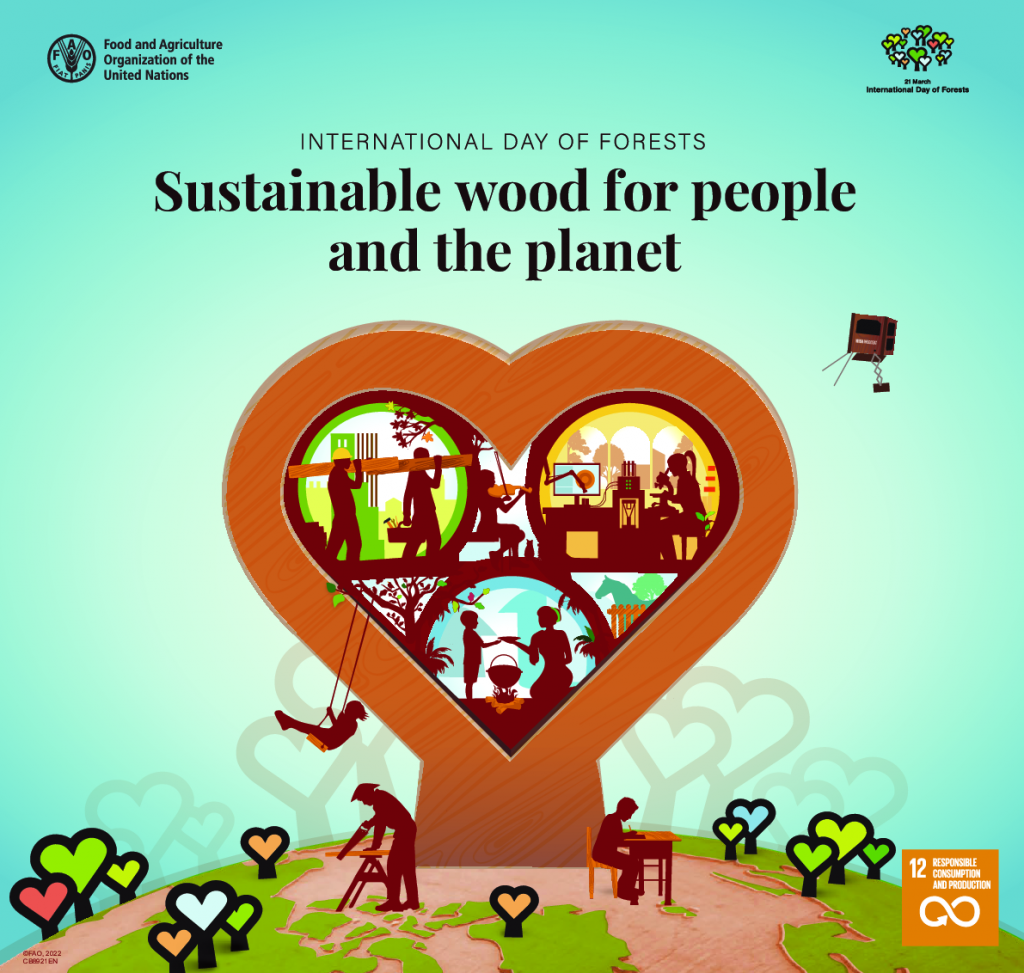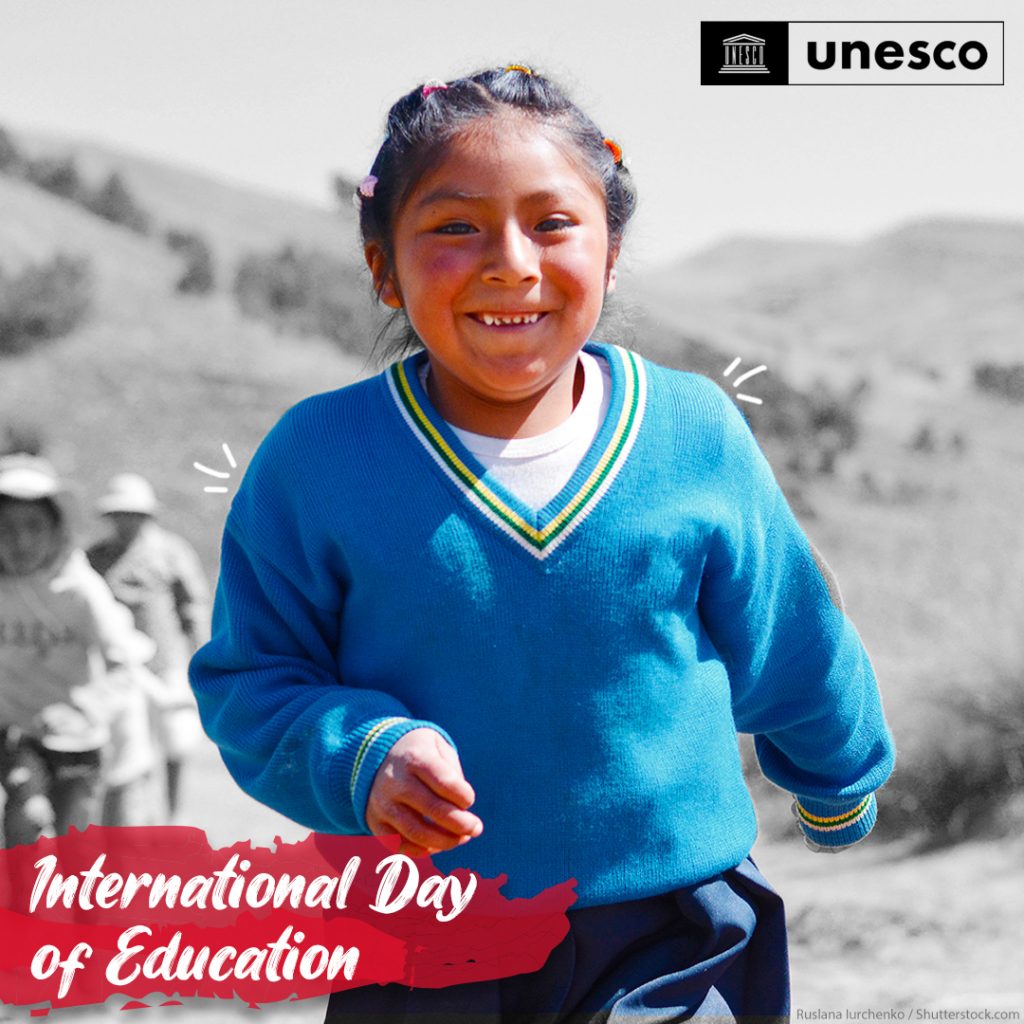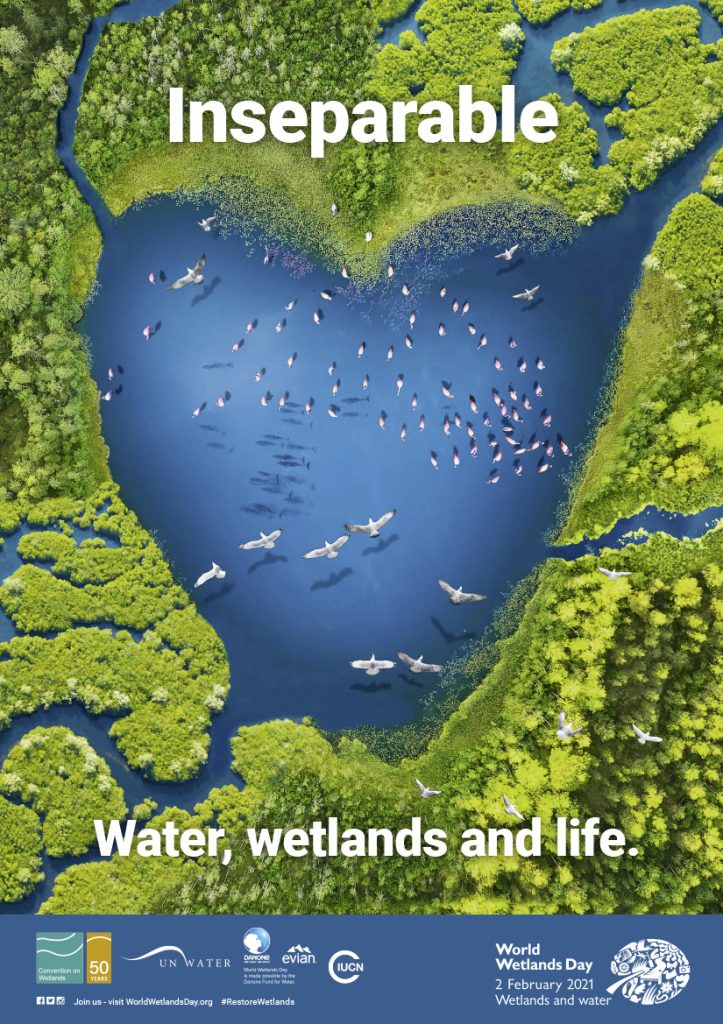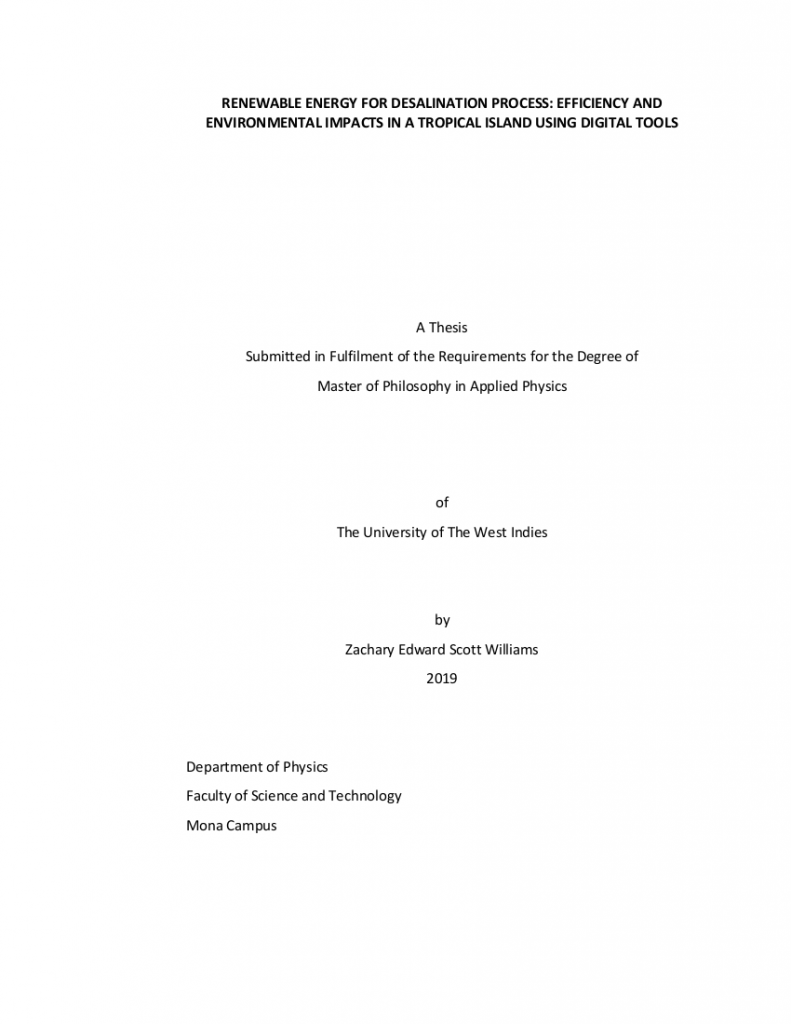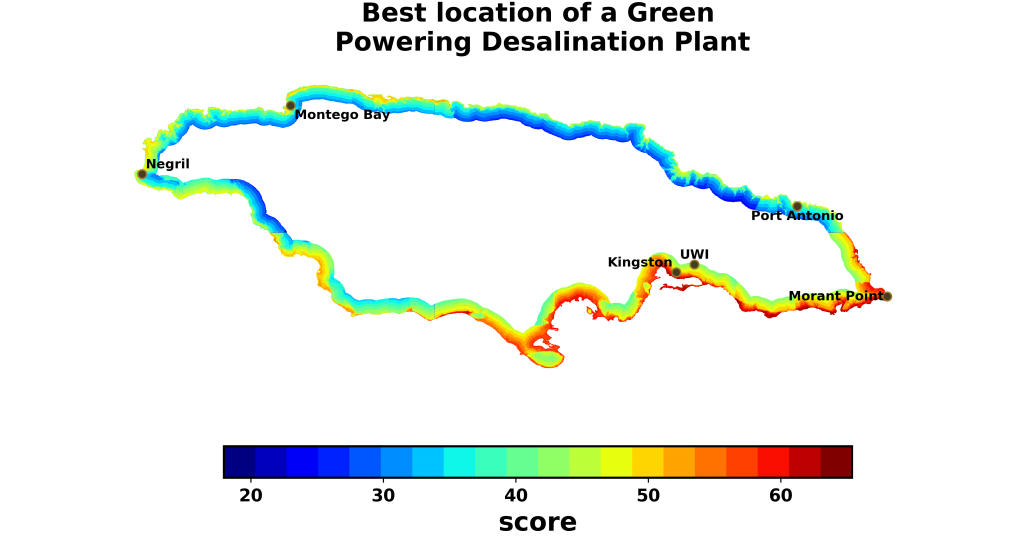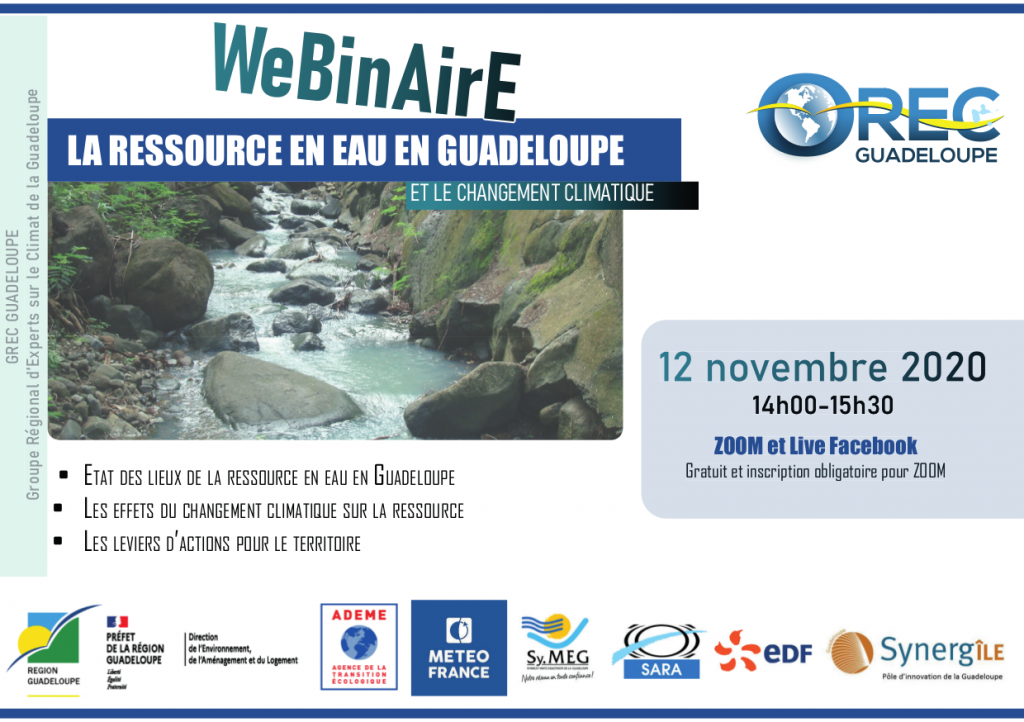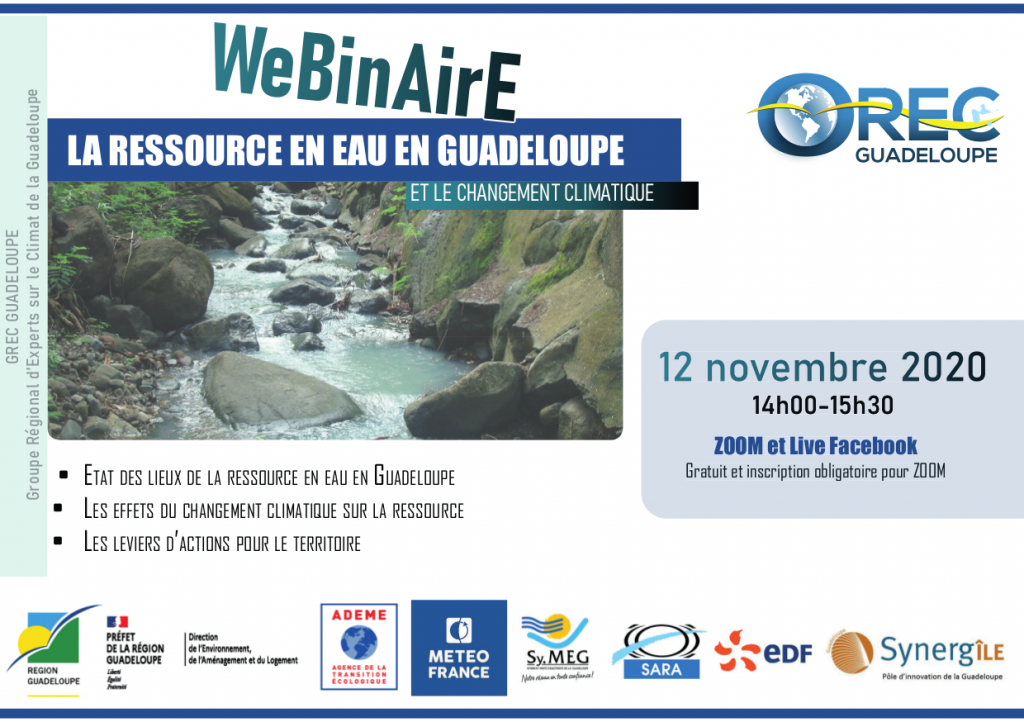March 22nd International Water Day the day after the International Day of Forests and on the eve of the International Day of Meteorology. Everything is intertwined and interconnected in our EARTH system.
Water is present everywhere on the surface of planet earth, in the form of liquid (salt, fresh or brackish water), solid (ice, snow) and gaseous (water vapour), both in the atmosphere but also in the grounds. WATER is essential for LIFE but also for landscapes, climate balance and technologies.
This year groundwater is highlighted. They are present in the form of aquifer, spring, infiltration.
Groundwater is an invisible and essential network for wetlands and deserts. They transport minerals, organic matter and recently (less than 200 years) persistent chemical pollutants; they feed ponds, rivers, and coastal waters.
Groundwater is the hidden part of the global water cycle, and because of its invisibility, it is too little protected.
On this international day, TCGNRG advises you to take the time to think consciously about where the water you drink or use comes from and where it goes in order to better participate in its preservation.
#Water #Preservation #Health #Pollution #WaterDay #InternationalDay #WaterDay #TCGNRG
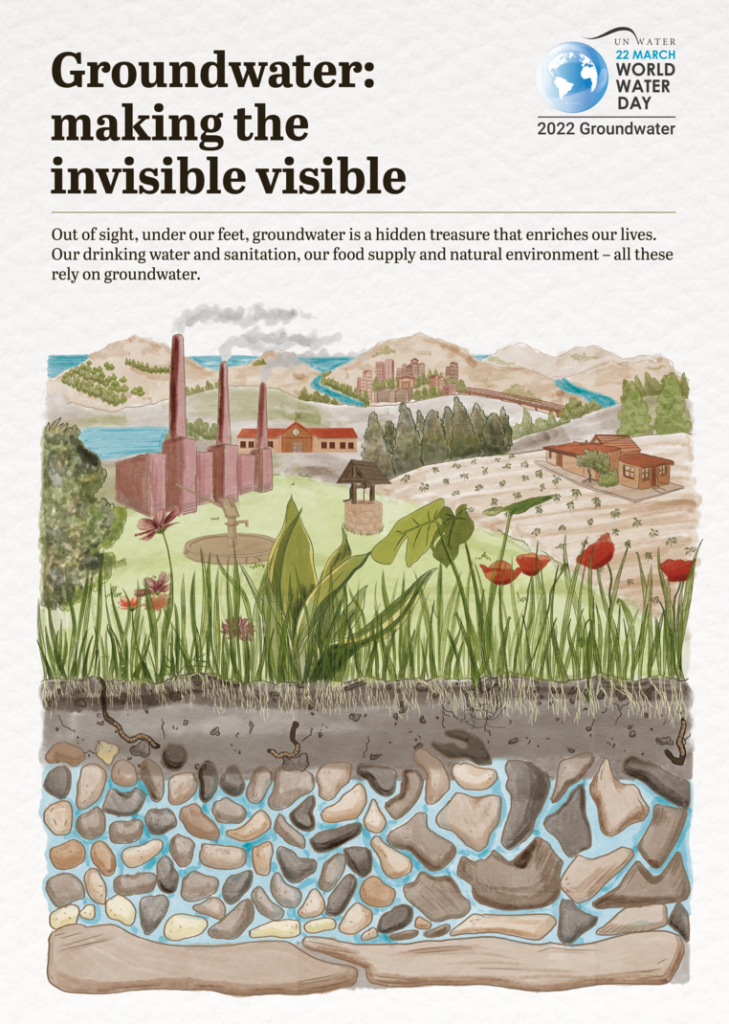
Read More: https://www.worldwaterday.org/share-2022
